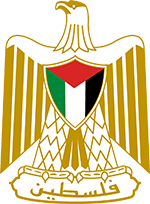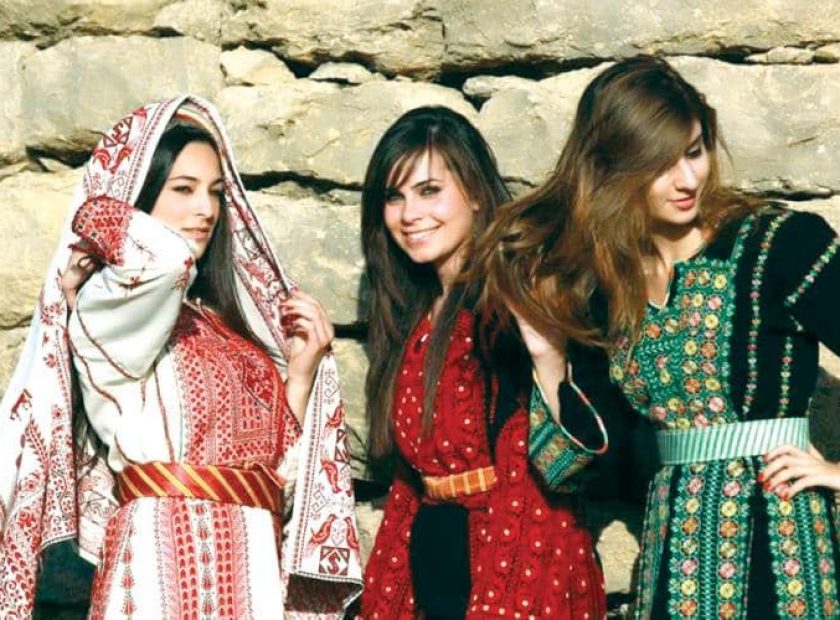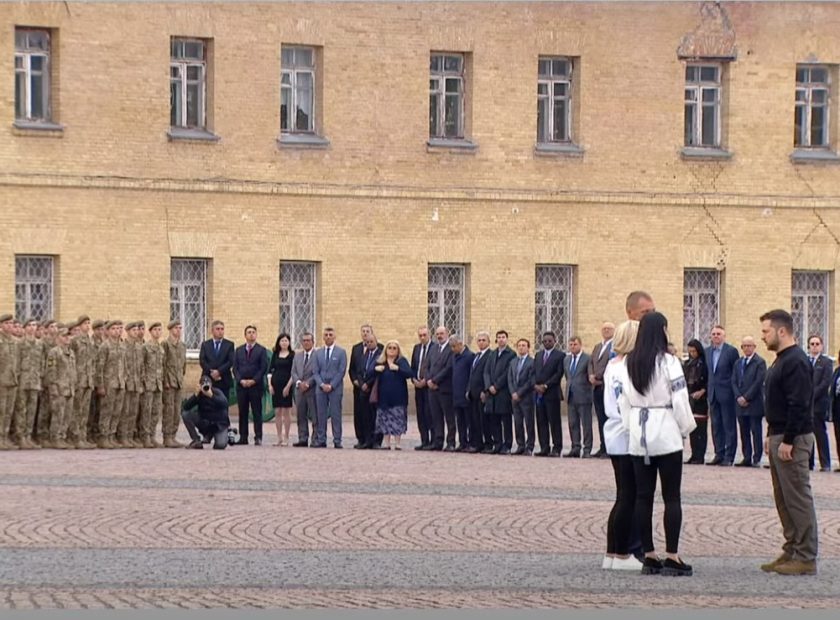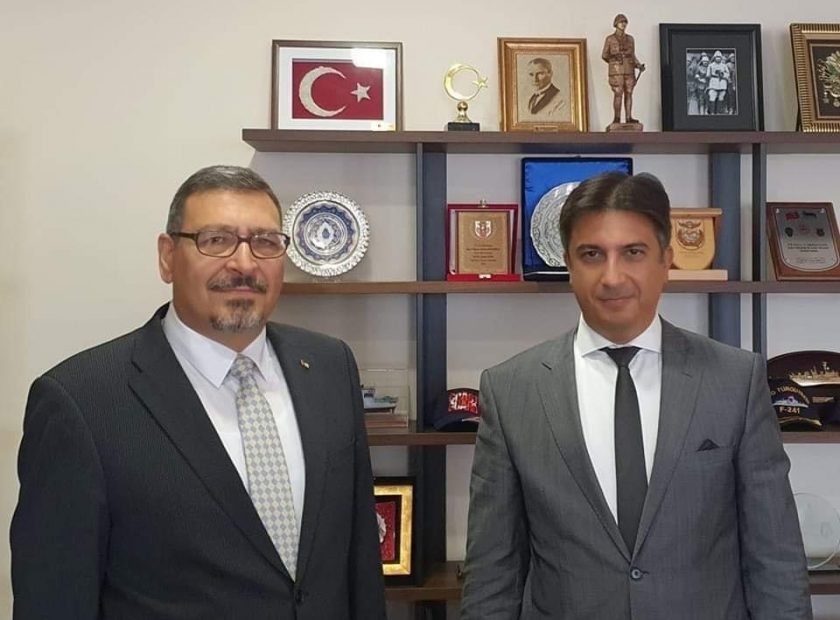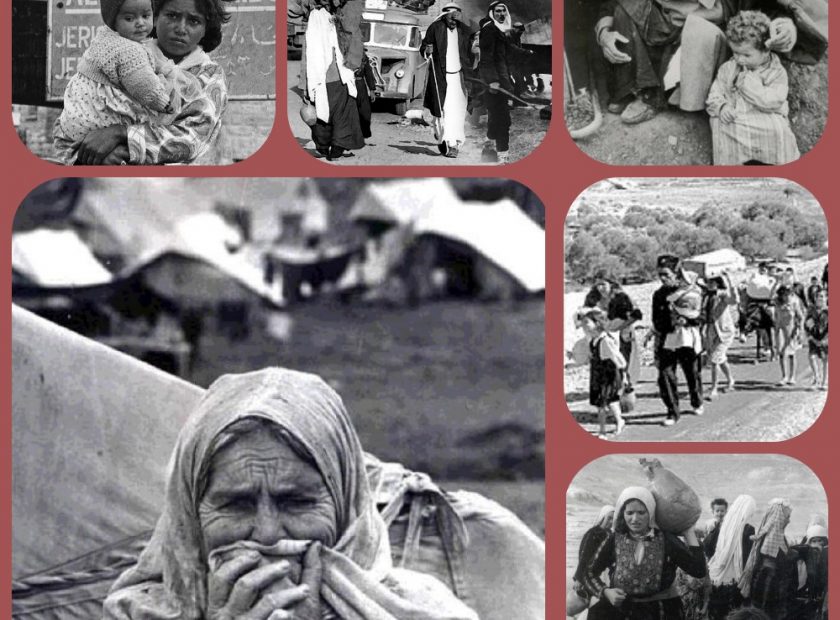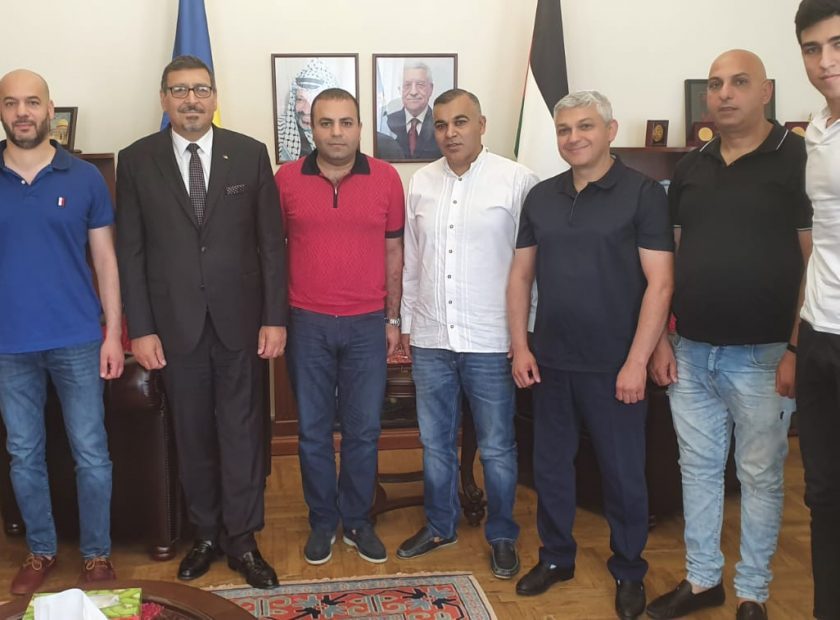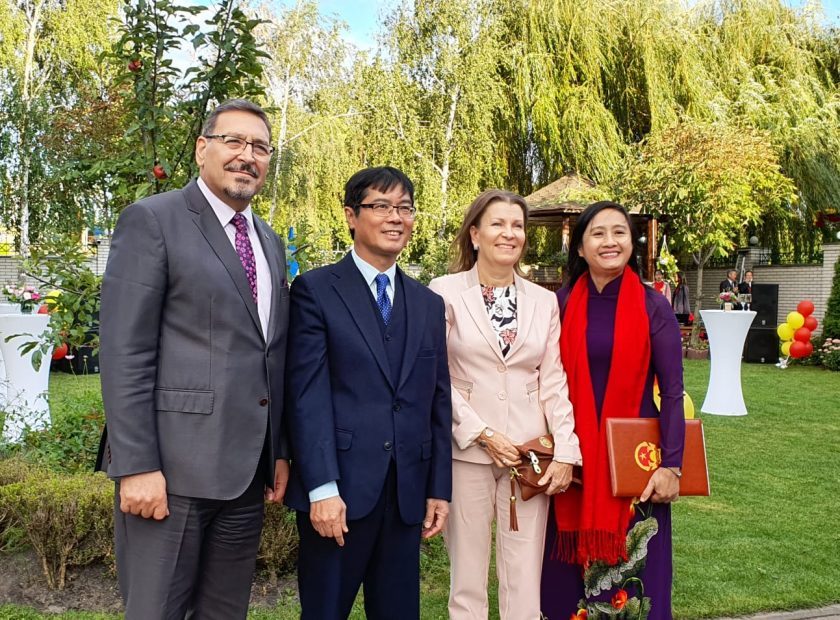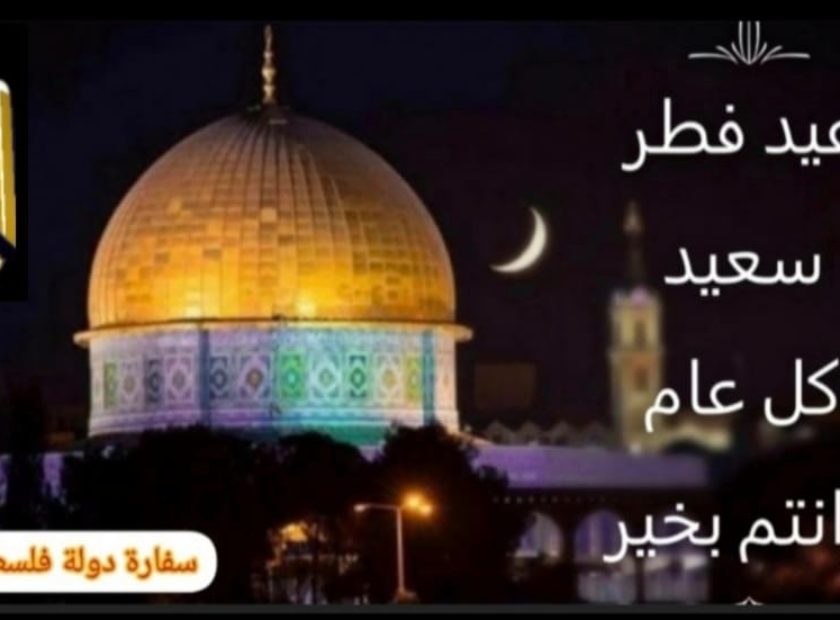Ramallah, 25/07/2022 – WAFA, Asel Al-Ahras
Today, on July 25, Palestinians celebrate Palestinian Clothing Day, based on the decision of President Mahmoud Abbas on August 1, 2018, to consider this day as Palestinian Clothing Day.
The implementation of Palestinian Clothing Day aims at preserving the history of our parents and grandfathers and protecting it from theft and Judaization practiced by the Israeli occupation. On this day, mass meetings are organized in all Palestinian governorates, where some participants, men and women, youth and children, dressed in Palestinian clothes raise Palestinian flags and banners calling for the preservation and protection of this historical heritage from disappearing, as well as exhibitions and heritage festivals are held in which popular folklore groups participate.
Palestinian clothing is one of the main and fundamental elements that constitute the Palestinian cultural identity, as well as a testament to the Palestinian presence in this land that goes back to the Canaanite era. According to historians, there are some images and patterns that were embroidered on the clothes of Canaanite queens called “queen’s dress”, which repeat modern forms of embroidery and draw attention to most Palestinian women’s dresses, in particular the eight-pointed star of Canaan, which dates back to 4500 BC. This star symbolized the “god of fertility” among our Canaanite ancestors. Perhaps one of the most famous octagonal stars is the Star of Bethlehem, which is known among our women nowadays as the “Erk Al-Qamar”.
Palestinian clothing carries Palestinian cultural identity and is a testament to Palestinian history, and Palestinian heritage is characterized by its diversity to unspeakable limits of passion and imagination. Each outfit, especially in women’s fashion, represents a geographical area where the method of tailoring, embroidery and type of fabric used in the garment is different from the clothes represented in the neighboring geographical area.
Palestinian dress is receiving increasing attention worldwide, and Palestinian institutions, Palestinian and foreign women are actively promoting Palestinian dress globally as demand for Canaanite-era embroidery increases.
Despite the approximate meaning of Palestinian traditional costumes, each region has its own distinctive feature that distinguishes it from other regions. The price of such an outfit varies depending on the type of fabric and strings used, as well as the manufacturing method. Handmade dresses, despite their high cost, remain beloved and desired among women who want to wear them to national and personal occasions.
The white keffiyeh with black stripes became the national symbol of the struggle of the Palestinian people. That is why this element of clothing plays a big role in expressing the position of its owner. The martyr Yasser Arafat wore it all the time, and his picture in the keffiyeh became a symbol known throughout the world, associated with the name of the late martyr, as well as the Palestinian cause.
